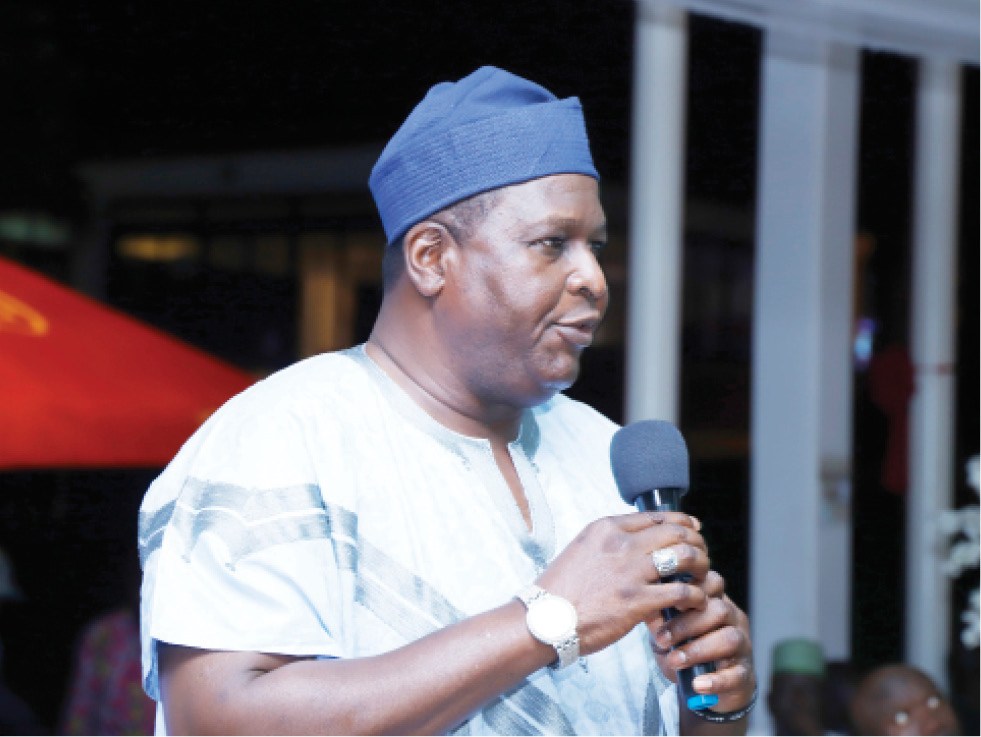News
Runsewe urges Nigerians to improve on local production of facemasks, sanitisers

Chief Olusegun Runsewe, Director-General, National Council for Arts and Culture (NCAC), has called on Nigerians to improve on local production of facemasks, sanitisers and other products as COVID-19 pandemic bites hard.
Runsewe made the call in a statement by Mr Frank Meke, his Media Aide, saying that COVID-19 pandemic had provided Nigeria a great opportunity to look inward for the production of relevant kits and accessories made exclusively in Nigeria.
He advised that the products should meet with the export standard and health protocols.
“We cannot just sit down and expect help from outside the country all the time.
“We should respond to this challenge by looking inward and creatively discover certain benefits in our cultural endowments.
“Support the process of indigenous response to all health challenges, not just COVID-19 pandemic, because necessity is the mother of all inventions around the world,” he said.
Runsewe said that the council was ready to distribute medical and conventional facemasks made from local adire and ankara fabrics embossed with NCAC Logo to check imitation and showcase homegrown solutions to demands for the kits.
According to him, this is prompted by the government’s growing concerns about certain breaches of COVID-19 protocols, particularly on the dedicated use of facemasks and sanitisers.
“Sanitisers exclusively made from local natural resources will also be part of the intervention.
“The measures are part of well thought out interventions that will help bridge the gap in the demands and needs to ensure no one finds excuse to breach the COVID-19 preventive measures.
“We shall be targeting the culture, tourism community, media, the security agencies at the frontline of the battle to the successful and full compliance to the lockdown and also the medical professionals,” he said.
Runsewe described the initiative as a necessity and response to exploit the huge cultural resources in Nigeria.
“Ours is not only to support government directives that Nigerians should wear facemasks in public places.
“But to develop a determined basic cultural socioeconomic baseline to the effective use and engagement of local fabrics and natural resources to which Nigeria is well blessed,” he said.




 Davido's Net Worth & Lifestyle
Davido's Net Worth & Lifestyle 
